Hours after Israeli gunfire inside the facility killed one patient and injured six others, Israeli soldiers besieged the major hospital in southern Gaza on Thursday. The Israeli army declared its search for the remains of Hamas captives.
Following over a week of military siege, hundreds of employees, patients, and other people within Nasser Hospital were forced to fend for themselves amid heavy bombardment and running out of food and water. This led to the raid on the hospital. The hospital in Khan Younis, the site of Israel's recent battle against Hamas, was ordered to be evacuated by the army a day earlier by hundreds of displaced civilians who had sought refuge there. Israel and Lebanon's terrorist Hezbollah organization increased their strikes following a particularly deadly exchange on Wednesday, and the likelihood of a wider confrontation increased. The war shows no signs of ending.
According to the military's "credible intelligence," there's a possibility that the captives' corpses are still inside Nasser Hospital, where Hamas kept them captive. Officially, Marines were conducting a "precise and limited" operation there, and no patients or medics will be forced evacuated, according to main military spokesperson Rear Adm. Daniel Hagari. Hospitals and other civilian buildings are allegedly used by Hamas to conceal its fighters, according to Israel. A freed hostage revealed to The Associated Press last month that Nasser Hospital was the holding facility for her and more than twenty other detainees. Targeting medical facilities is forbidden by international law; if they are exploited for military objectives, they may no longer be protected, but any actions against them must still be proportionate to the danger.
According to the Gaza Health Ministry, when soldiers investigated hospital facilities, they gave orders for the more than 460 employees, patients, and their families to relocate into an older, unfit structure inside the campus. It stated that they were "in harsh conditions with no food or baby formula" and that there was a serious water scarcity.
Six patients were left in intensive care, along with three infants in incubators with no staff to attend to them. The ministry said fuel for generators would soon run out, endangering their lives.
Separately, in reaction to a missile attack that left one Israeli soldier dead and several others injured on Wednesday, Israel resumed its airstrikes in southern Lebanon for a second day, killing ten civilians and three Hezbollah members.
Since the beginning of the Israel-Hamas conflict, this border skirmish has been the bloodiest one. The regular exchange of gunfire between Israel and Hezbollah, a Hamas affiliate, has increased the likelihood of a larger battle.
The missile strike on Wednesday is not attributed to Hezbollah. A prominent group member, Sheikh Nabil Kaouk, declared that the organization will face "escalation with escalation, displacement with displacement, and destruction with destruction" and is "prepared for the possibility of expanding the war."
Negotiations over a cease-fire in Gaza, meanwhile, appear to have stalled, and Israeli Prime Minister Benjamin Netanyahu has vowed to continue the offensive until Hamas is destroyed and scores of hostages taken during the militants' Oct. 7 attack are freed.
SCENES OF PANIC IN HOSPITAL
Nasser Hospital has been the latest focus of Israeli military operations that have gutted Gaza’s health sector as it struggles to treat a constant stream of people wounded in daily bombardments.
Israeli troops, tanks and snipers have surrounded the hospital for at least a week, and fire from outside has recently killed several people inside, according to health officials.
No food or water is available. Trash is a common sight. As one of the injured patients who fled Nasser Hospital on Israeli orders on Wednesday, Raed Abed stated, "Sewage has flooded the emergency ward."
Abed claimed he originally passed out as soon as he tried to leave his hospital bed, still dealing with a serious stomach wound. Then, he claimed, he stood outside for hours as soldiers forced the people leaving pass by five at a time, detaining some and forcing others to undress down to their underpants. When he finally arrived in the border town of Rafah, he had to travel for miles before being admitted to a hospital. He talked while lying on a bed, his wound wheezing in agony.
One of the hospital's surviving doctors, Dr. Khaled Alserr, told the AP that a strike struck one of the wards at Nasser Hospital overnight, killing one patient and injuring six others.
Shots rang out outside as an injured man wailed in agony in a dark chamber, and video showed doctors rushing to move patients along a corridor suffused with smoke or dust.
Alserr said, "Every hour, every minute, the situation is getting worse."
The international humanitarian organization Doctors Without Borders, or MSF in French, said that one employee was being held at an Israeli roadblock not far from the hospital on Thursday and that the hospital's staff was forced to evacuate, leaving patients behind.
Hours after troops entered the hospital, military spokesman Hagari said they were still conducting searches. He said dozens of militants were arrested from the hospital grounds, including three who participated in the Oct. 7 attack. He also said troops found grenades and mortar shells, and that Israeli radar determined that militants fired mortars from the hospital grounds a month ago.
NO END IN SIGHT TO THE WAR
The war began when Hamas militants on Oct. 7 burst out of Gaza and attacked several Israeli communities, killing some 1,200 people and taking another 250 hostage. More than 100 captives were freed during a weeklong cease-fire in exchange for 240 Palestinian prisoners.There are still about 130 prisoners in Gaza, about 40% of them are said to be dead.
Families of the hostages and the general public have put tremendous pressure on Netanyahu to reach a solution to ensure their release; nevertheless, if he is perceived as being overly kind toward Hamas, his far-right coalition allies may topple his government. On Thursday, dozens of relatives of the captives staged protests and obstructed traffic in front of the military headquarters, which also serves as the meeting place for the War Cabinet.
In reaction to the Hamas strike, Israel launched one of the bloodiest and most catastrophic military operations in recent memory.
Gaza's Health Ministry, which does not discriminate between civilians and fighters, reports that at least 28,663 Palestinians—mostly women and children—have died and over 68,000 have been wounded. A quarter of the population is hungry as a result of the growing humanitarian crisis, and almost 80% of people have been forced from their homes. First targeted by the onslaught, large swathes of northern Gaza have been demolished.
According to Israeli media, CIA Director William Burns traveled to Israel to meet with Netanyahu to talk about efforts to broker a cease-fire.
Until Israel halts its attack, withdraws, and releases Palestinian prisoners—including high-ranking militants—Hamas claims it will not free all of the remaining hostages.
Israel will soon extend its attack into Rafah, the southernmost city of Gaza, according to Netanyahu, who has refused such requests. The majority of Gaza's 2.3 million residents have fled conflict elsewhere and taken sanctuary in Rafah.
According to medical records, at least 11 individuals were killed by airstrikes late on Wednesday in central Gaza, including five women and four children. Before the corpses were put in a vehicle to be carried to a cemetery, relatives gathered around bodies covered in white shrouds outside Al-Aqsa Martyrs Hospital in the town of Deir al-Balah in the center.
Lying down and clutching one of the dead on the truck while sobbing, one man found it difficult to let go.
End//voice7news.tv



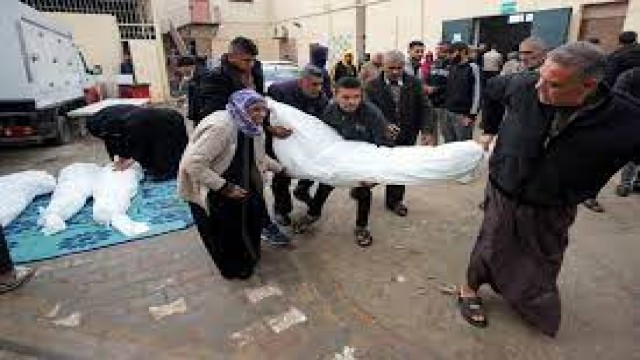
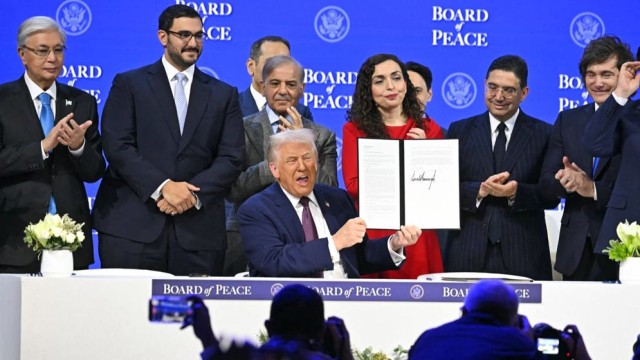

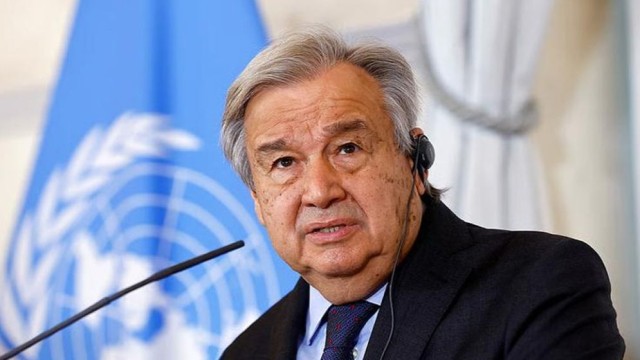
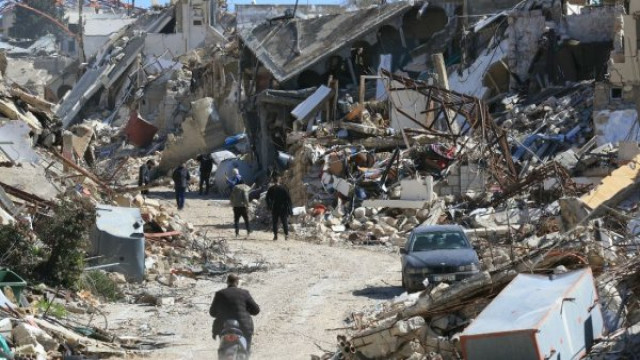
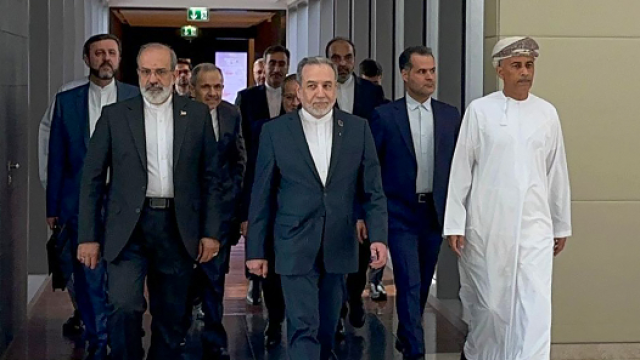
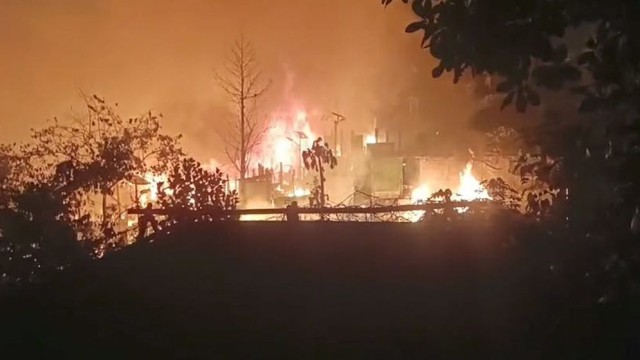
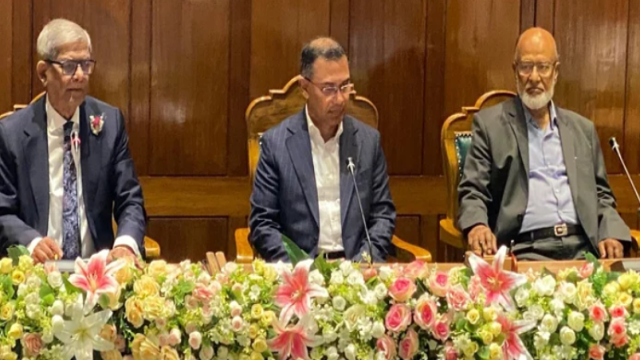


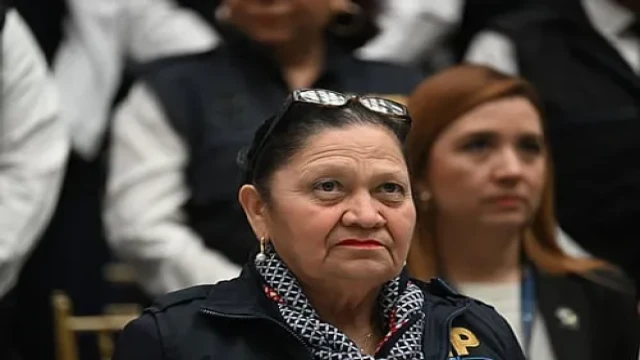
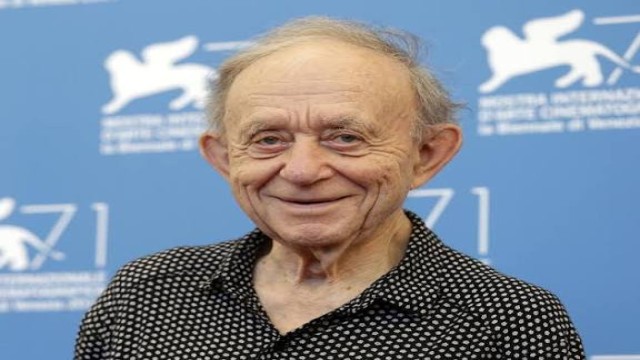

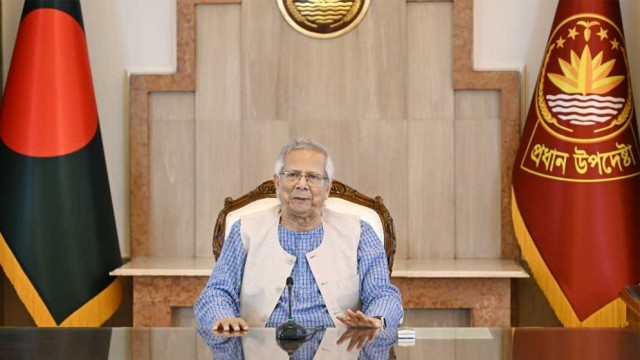

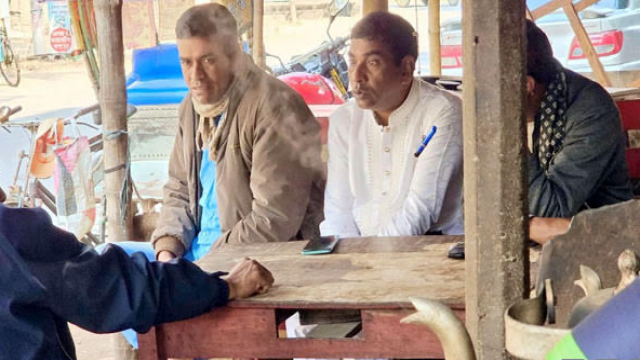












Comment: